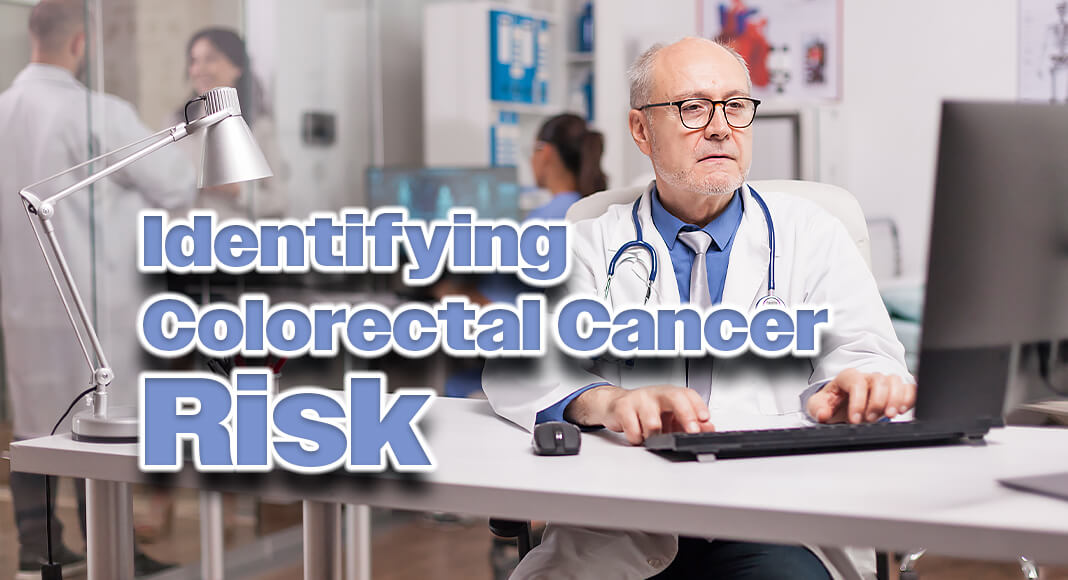
Mega Doctor News
CLEVELAND CLINIC – March is Colorectal Cancer Awareness Month.
Colorectal cancer is one of the leading causes of cancer death here in the United States for both men and women.
And reports show more young adults are being diagnosed.
“The most recent American Cancer Society update noted that the leading cause of cancer death in men younger than age 50 is actually now colon cancer. And about half of the patients who have colon cancer are actually less than 45,” said Carole Macaron, MD, gastroenterologist for Cleveland Clinic. “So those patients at this time are not routinely screened for colorectal cancer, and the problem is how can we tell who is at high risk and who is not at high risk?”
Dr. Macaron said that’s why she and a team of researchers developed a new scoring system.
It would be used to help determine if a young adult, who is not yet eligible for colonoscopy, is at risk for colorectal cancer.
Currently, colonoscopies aren’t recommended until the age of 45.
Dr. Macaron said their scoring system, which is still in the research phase, works by going over a list of risk factors with a patient.
Based on the score, their physician would order additional screenings.
So, why are more young adults getting colorectal cancer?
Dr. Macaron said they’re not entirely sure, but they do know certain risk factors appear to be playing a role.
“Among the factors that have been reported, the one that consistently has been found to be associated with early onset colorectal cancers is smoking history, family history of colon cancer, and body mass index, or being overweight or obese. Those were actually the factors we found ourselves in our own data of over 9,000 young adults on whom we looked at the risk factors,” said Dr. Macaron.
For those unfamiliar, colorectal cancer starts in the colon or rectum.
Symptoms include blood in your stool, changes in bowel habits, vomiting, abdominal pain, bloating and unexplained weight loss.
The good news is, if caught early, it can be cured.










